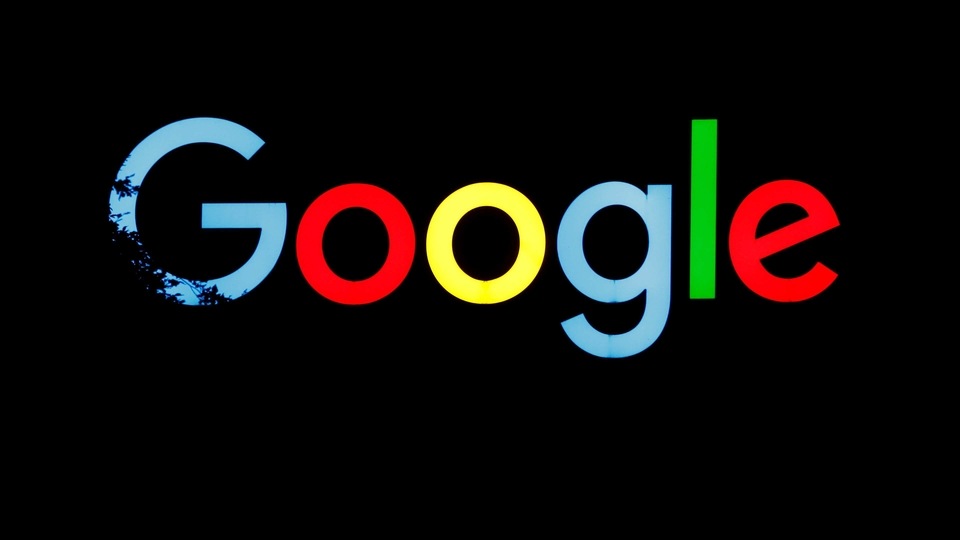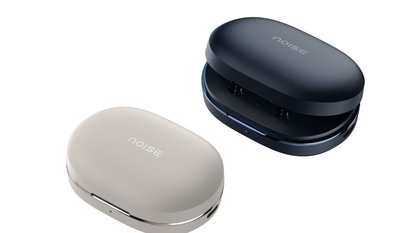Judge sets first hearing in US Google antitrust lawsuit
The Justice Department has sued Google and accused it of illegally using its market muscle to hobble rivals in the biggest challenge to the power and influence of Big Tech in decades.


US District Judge Amit Mehta on Monday set a status hearing on the Justice Department's antitrust lawsuit against Alphabet Inc's Google for Friday.
The Justice Department last week sued the $1 trillion (767.81 billion pounds) company and accused it of illegally using its market muscle to hobble rivals in the biggest challenge to the power and influence of Big Tech in decades.
Mehta said lawyers for Google and the Justice Department must appear at the telephone status hearing at 10 a.m. EDT (1400 GMT) that will be open to the public or media.
This Justice Department lawsuit could lead to the break-up of an iconic company that has become all but synonymous with the internet and assumed a central role in the day-to-day lives of billions of people around the globe.
Such an outcome is far from assured, however, and the case is likely to take years to resolve.
The lawsuit marks the first time the US has cracked down on a major tech company since it sued Microsoft Corp for anti-competitive practices in 1998. A settlement left the company intact, though the government's prior foray into Big Tech antitrust - the 1974 case against AT&T - led to the breakup of the Bell System.
The federal government's complaint against Alphabet Inc, which alleges that Google acted unlawfully to maintain its position in search and search advertising on the internet, was joined by 11 states. "Absent a court order, Google will continue executing its anti-competitive strategy, crippling the competitive process, reducing consumer choice, and stifling innovation," the lawsuit states.
The government said Google has nearly 90% of all general search engine queries in the United States and almost 95% of searches on mobile.
Attorney General Bill Barr said his investigators had found Google does not compete on the quality of its search results but instead bought its success through payments to mobile phone makers and others.
"The end result is that no one can feasibly challenge Google's dominance in search and search advertising," Barr said.
When asked on a conference call if the department was seeking a breakup or another remedy, Ryan Shores, a Justice Department official, said, "Nothing is off the table, but a question of remedies is best addressed by the court after it's had a chance to hear all the evidence."
Also Read: Google's antitrust legal woes are far from over if Joe Biden wins
In its complaint, the Justice Department said that Americans were hurt by Google's actions. In its "request for relief," it said it was seeking "structural relief as needed to cure any anti-competitive harm." "Structural relief" in antitrust matters generally means the sale of an asset.
"Ultimately it is consumers and advertisers that suffer from less choice, less innovation and less competitive advertising prices," the lawsuit states. "So we are asking the court to break Google's grip on search distribution so the competition and innovation can take hold."
Google called the lawsuit "deeply flawed," adding that people "use Google because they choose to - not because they're forced to or because they can't find alternatives."
Investors seemed to shrug off news of the lawsuit, sending shares Alphabet up 1.9% to $1,563.51 on the afternoon when the lawsuit was announced.
"It's like locking the proverbial door after the horse has bolted," said Neil Campling, head of tech media and telecom research at Mirabaud Securities in London, who added Google has already invested billions of dollars in infrastructure, technologies and talent. "You can't simply unwind a decade of significant progress."
Political element
Tuesday's federal lawsuit marks a rare moment of agreement between the Trump administration and progressive Democrats. US Senator Elizabeth Warren tweeted on September 10, using the hashtag #BreakUpBigTech, that she wanted "swift, aggressive action."
Still, coming just days before the US presidential election, the filing's timing could be seen as a political gesture since it fulfills a promise made by President Donald Trump to his supporters to hold certain companies to account for allegedly stifling conservative voices.
Republicans often complain that social media companies including Google take action to reduce the spread of conservative viewpoints on their platforms. Lawmakers have sought, without explaining how, to use antitrust laws to compel Big Tech to stop these alleged limitations.
Also Read: After Google, US may file antitrust charges against Facebook as soon as November
The complaint pointed to the billions of dollars that Google pays to smartphone makers such as Apple Inc, Samsung and others to make Google's search engine the default on their devices.
This means that rival search engines never get the scale they need to improve their algorithms, and grow, the complaint said.
"General search services, search advertising, and general search text advertising require complex algorithms that are constantly learning which organic results and ads best respond to user queries," the government said in its complaint. "By using distribution agreements to lock up scale for itself and deny it to others, Google unlawfully maintains its monopolies."
Google has been successful at protecting its profit derived from the Android mobile operating system, which is officially open source but companies that change it are barred from lucrative revenue-sharing agreements.
Justice Department investigators found an internal Google analysis of restrictive agreements determined that just 1% of Google's worldwide Android search revenue was at risk of being lost to competitors.
"This analysis noted that the growth in Google's search advertising revenue from Android distribution was 'driven by increased platform protection efforts and agreements,'" the complaint found.
Other challenges
The 11 states that joined the lawsuit all have Republican attorneys general.
More lawsuits could be in the offing since probes by state attorneys general into Google's broader businesses are under way, as well as an investigation of its broader digital advertising businesses. Attorneys general led by Texas are expected to file a separate lawsuit focused on digital advertising as soon as November, while a group led by Colorado is contemplating a more expansive lawsuit against Google.
Also Read: Japan to join forces with US, Europe in regulating Big Tech firms
The lawsuit comes more than a year after the Justice Department and Federal Trade Commission began antitrust investigations into four big tech companies: Amazon.com Inc, Apple, Facebook Inc and Google.
Seven years ago, the FTC settled an antitrust probe into Google over alleged bias in its search function to favor its products, among other issues. The settlement came over the objections of some FTC staff attorneys.
Google has faced similar legal challenges overseas.
The European Union fined Google $1.7 billion in 2019 for stopping websites from using Google's rivals to find advertisers, $2.6 billion in 2017 for favoring its own shopping business in search, and $4.9 billion in 2018 for blocking rivals on its wireless Android operating system.
Catch all the Latest Tech News, Mobile News, Laptop News, Gaming news, Wearables News , How To News, also keep up with us on Whatsapp channel,Twitter, Facebook, Google News, and Instagram. For our latest videos, subscribe to our YouTube channel.


























